Through research, scholarly articles, and relationship building, Harvard School of Public Health professor Theresa Betancourt—profiled in our November-December issue—seeks to demonstrate models for governments, NGOs, funding organizations, and communities to work together in coordinated ways that ultimately improve children’s lives. Above, see images of the types of disadvantaged children she works with in India—from runaways or those in homeless families who spend their lives around the Jaipur train station to the sons and daughters of the migrant workers who build India’s high-rise offices and dwellings.
Images of Theresa Betancourt's work on children's rights in India
Images of Theresa Betancourt's work on children's rights in India
Images of the professor’s work with homeless and impoverished children in India.
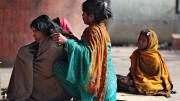
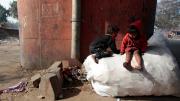


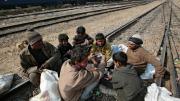

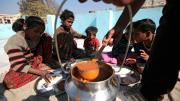
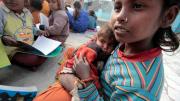
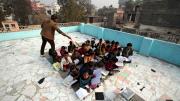
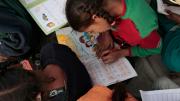
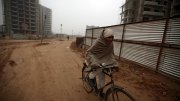

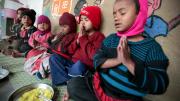
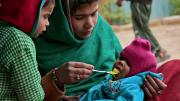
Explore More From Current Issue

A New Landscape Emerges in Allston
The innovative greenery at Harvard’s Science and Engineering Complex




